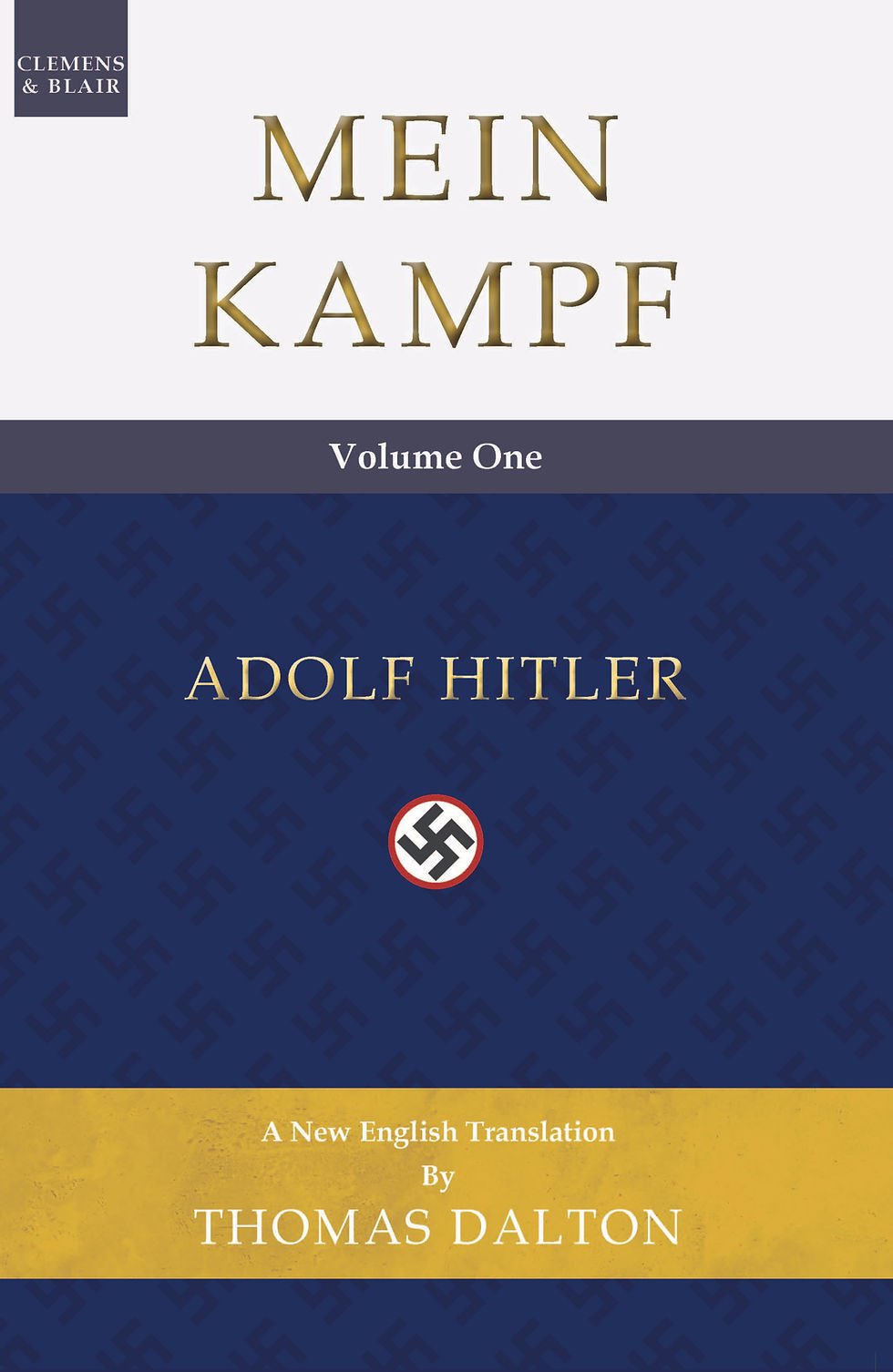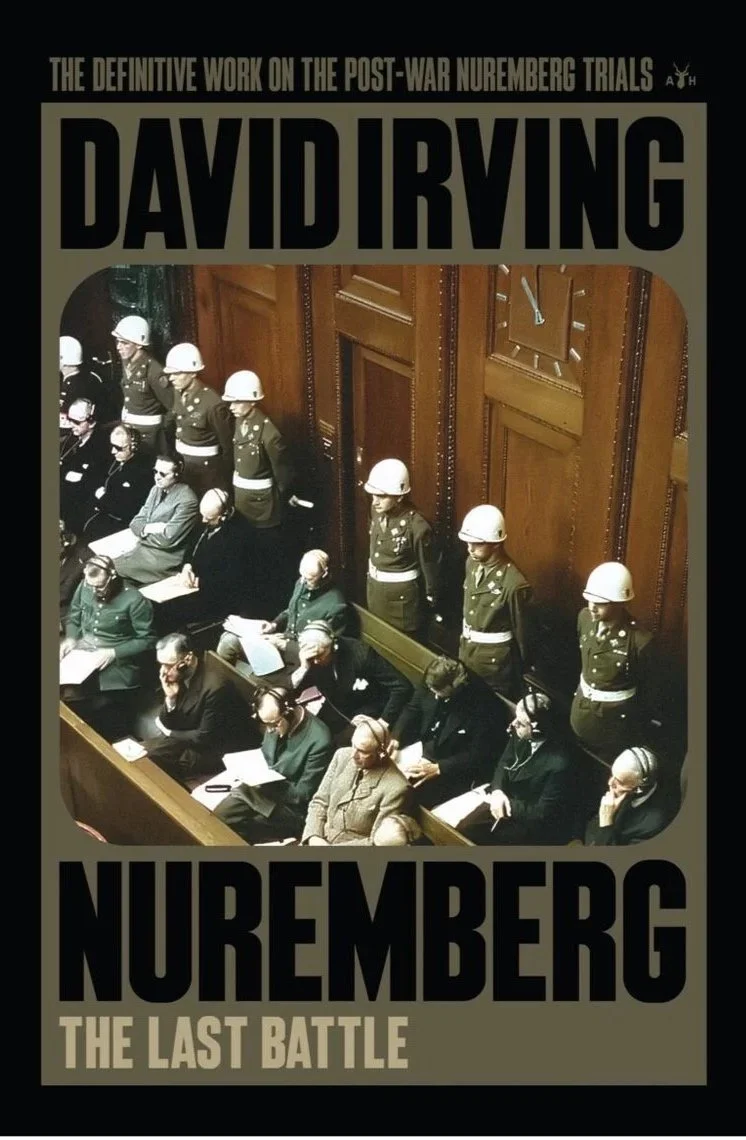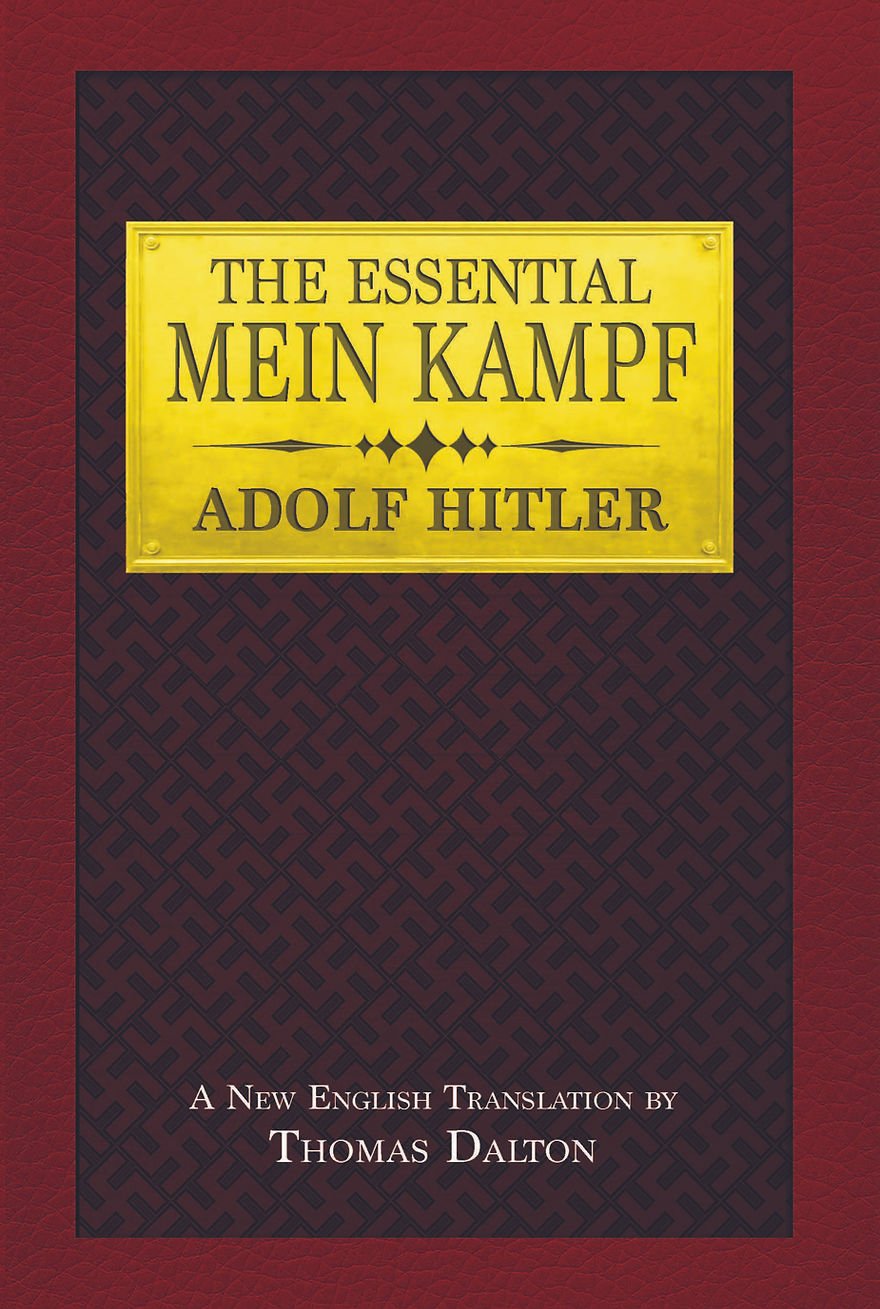 Image 1 of 2
Image 1 of 2

 Image 2 of 2
Image 2 of 2



The Culture of Critique
MacDonald’s thesis is both intuitive and revolutionary: that a number of highly influential twentieth-century intellectual and political movements, such as Boasian anthropology, Bolshevism and other leftist movements, psychoanalysis, the Frankfurt School, neoconservatism, and others, were intrinsically Jewish attempts to fundamentally alter Western, gentile society, as part of a racial strategy for Jewish collective survival and inter-racial dominance. In defense of this, MacDonald presents a meticulous and incontrovertible analysis based on the stated or revealed racial motivations of prominent Jews involved in these movements. Concepts such as “anti-Semitism” and Jewish stories about gentile, particularly European, society are here treated appropriately analytically, contextualized as elements of a racial competitive strategy between real groups which have at times diametrically competing self-interests in regards to tangible matters such as discrete historic-racial-cultural identity and resource competition. MacDonald also analyses phenomena such as Jewish support for non-White immigration into European-dominated states, and Jewish deconstructive critiques of Western society, values, and ways of knowing and living, as methods of diminishing the confidence and relative power of a people whom Jews perceive as their primary competitors.
In this new third edition, Dr. MacDonald has updated his comprehensive work with a new and extensive preface, which elaborates on his thesis and methodology, answers objections that have arisen since the initial publication, and touches on current topics including various aspects of Jewish influence over the modern United States. An entire new chapter addresses “Neoconservatism as a Jewish Movement,” and each original chapter has also received comprehensive attention with updated information.
Print Length: 667 Pages
MacDonald’s thesis is both intuitive and revolutionary: that a number of highly influential twentieth-century intellectual and political movements, such as Boasian anthropology, Bolshevism and other leftist movements, psychoanalysis, the Frankfurt School, neoconservatism, and others, were intrinsically Jewish attempts to fundamentally alter Western, gentile society, as part of a racial strategy for Jewish collective survival and inter-racial dominance. In defense of this, MacDonald presents a meticulous and incontrovertible analysis based on the stated or revealed racial motivations of prominent Jews involved in these movements. Concepts such as “anti-Semitism” and Jewish stories about gentile, particularly European, society are here treated appropriately analytically, contextualized as elements of a racial competitive strategy between real groups which have at times diametrically competing self-interests in regards to tangible matters such as discrete historic-racial-cultural identity and resource competition. MacDonald also analyses phenomena such as Jewish support for non-White immigration into European-dominated states, and Jewish deconstructive critiques of Western society, values, and ways of knowing and living, as methods of diminishing the confidence and relative power of a people whom Jews perceive as their primary competitors.
In this new third edition, Dr. MacDonald has updated his comprehensive work with a new and extensive preface, which elaborates on his thesis and methodology, answers objections that have arisen since the initial publication, and touches on current topics including various aspects of Jewish influence over the modern United States. An entire new chapter addresses “Neoconservatism as a Jewish Movement,” and each original chapter has also received comprehensive attention with updated information.
Print Length: 667 Pages






